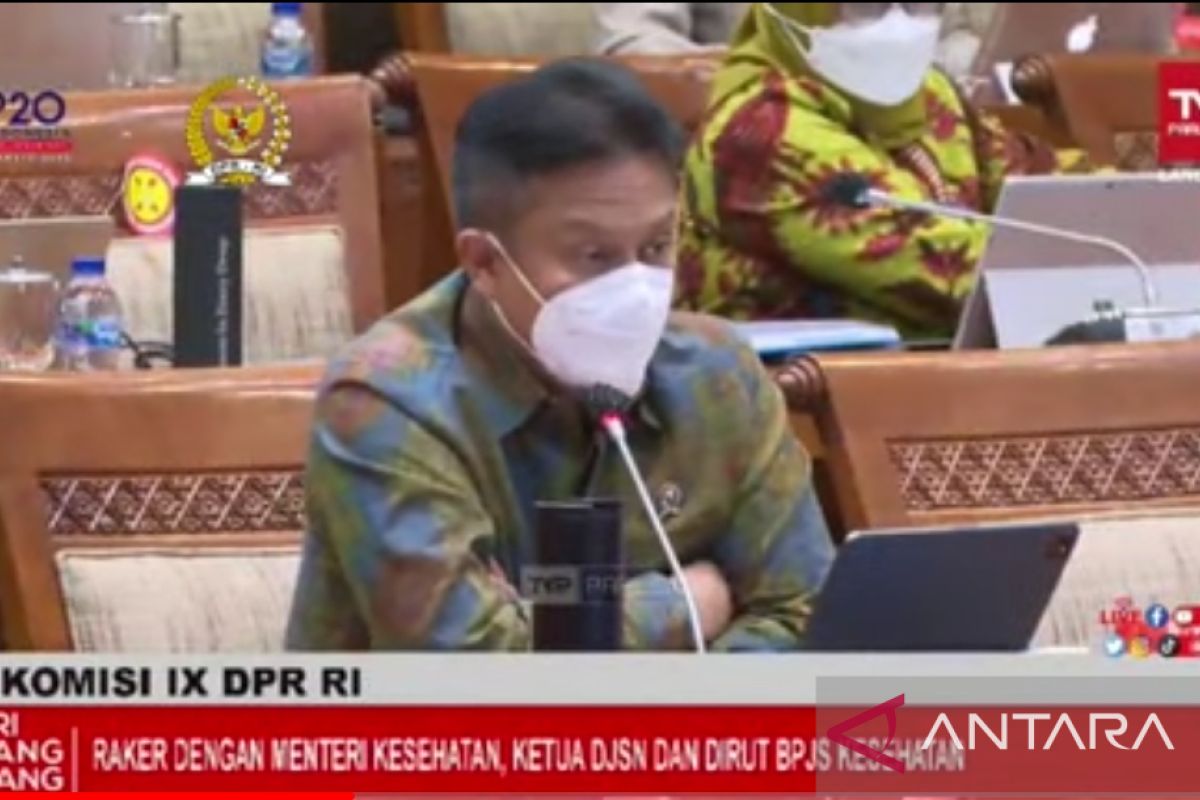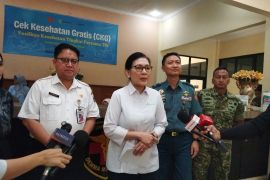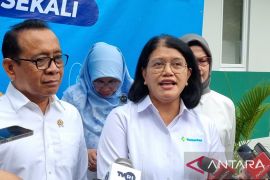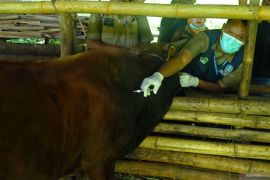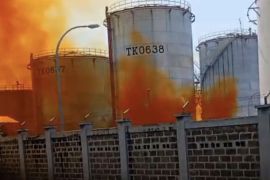"The list is updated every two years, and usually there is an opportunity in the second year for an addendum. Since the last decision was made in 2021, the formulary will be carried out again in 2023," Health Minister Budi Gunadi Sadikin informed during a hearing with the healthcare agency (BPJS Kesehatan) and Commission IX of the Indonesian House of Representatives (DPR RI) in Jakarta on Monday.
FORNAS prescribes quality control for a list of drugs compiled by a national committee comprising representatives from the Ministry of Health, the National Population and Family Planning Agency (BKKBN), BPJS Health, the National Agency of Drug and Food Control (BPOM), and experts from university pharmacy departments.
The efficacy and safety of products in the FORNAS list is backed by scientific evidence and the are sold at an affordable rate before they serve as a referemce for drug use in the JKN program.
Sadikin said the list of FORNAS medicines in 2021 increased to 630 items from 603 items in 2019, with the number of preparations increasing from 1,043 to 1,074.
There were 72 medicinal products for which contract terms were completed in March 2022 and their extension was processed by the Ministry of Health, he informed. Fifty-seven of the drugs have been circulated, while the distribution of six drugs has not been extended by the manufacturer, and a price agreement has not been reached on nine other drugs.
Related news: Public communication through collaboration crucial for JKN-KIS success
The Ministry of Health is also coordinating with BPOM regarding the potential for removing drugs from the FORNAS list since they do not have official permits, but are urgently needed by medical doctors for treating patients.
"Those drugs must have no commercial value," he added.
Sadikin further listed a number of medicinal products for cancer and diabetes patients, which until now have not been included in the FORNAS list due to debate over their efficacy and high cost.
They include a lung cancer drug in the PD-L1 inhibitor category, which needs to be used regularly every three weeks, costs Rp100 million, and can potentially extend a patient's life by 3.9 months compared to standard therapy.
“So, one patient needs at least Rp200 million until it (their condition) gets worse since this drug does not cure but only delays death,” Sadikin highlighted.
Other medicinal products for colorectal cancer, which are categorized as VEGF inhibitors, cost Rp837 million–Rp890 million and can potentially extend a patient's life by 2.6 months.
Then, there are drugs for diabetes patients, in the SGLT2 inhibitor category, with the same efficacy as drugs already listed in FORNAS.
"But the costs required per month are two to four times higher," Sadikin said.
The augmentation of the FORNAS list is currently being reviewed by the National Drug Selection Committee and the review will be continued at the finalization meeting, which will propose the issuance of the FORNAS Addendum Circular, based on the results of the committee's plenary meeting, which are expected to be published by the end of this year, he informed.
Related news: Social protection budget realization reaches Rp81 trillion: minister
Related news: BPJS Kesehatan works with ministries, agencies to expand JKN coverage
Translator: Andi Firdaus, Resinta S
Editor: Suharto
Copyright © ANTARA 2022
